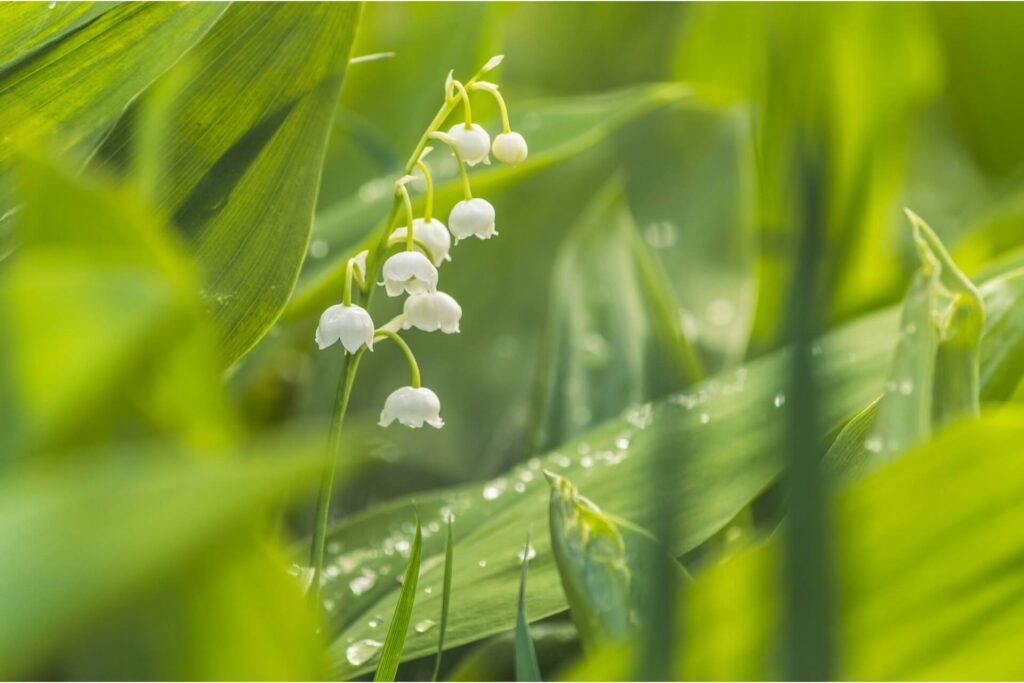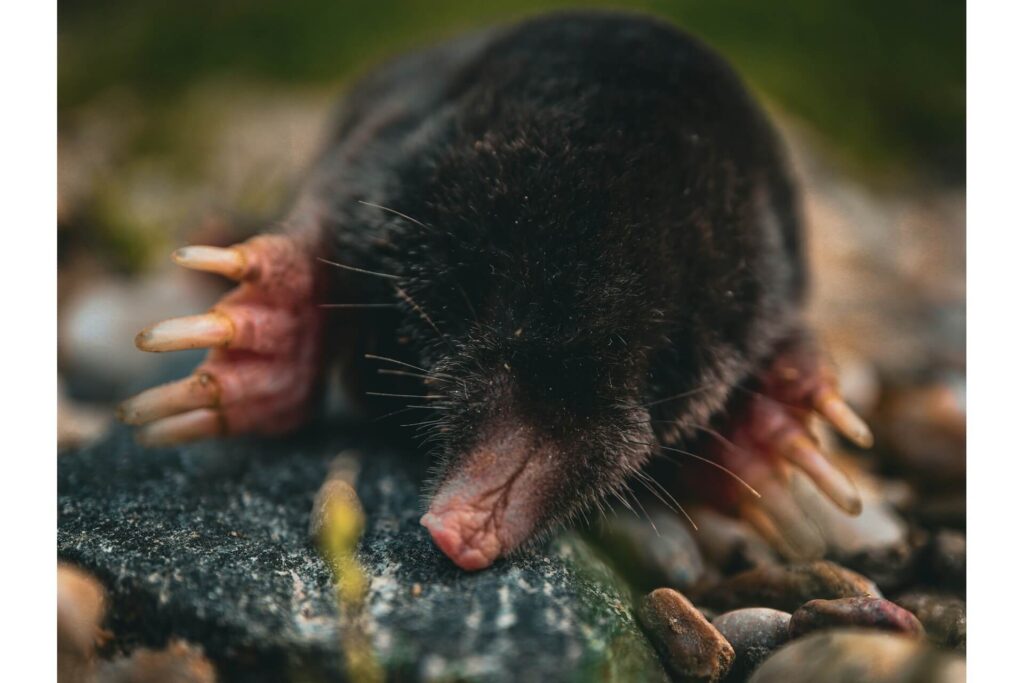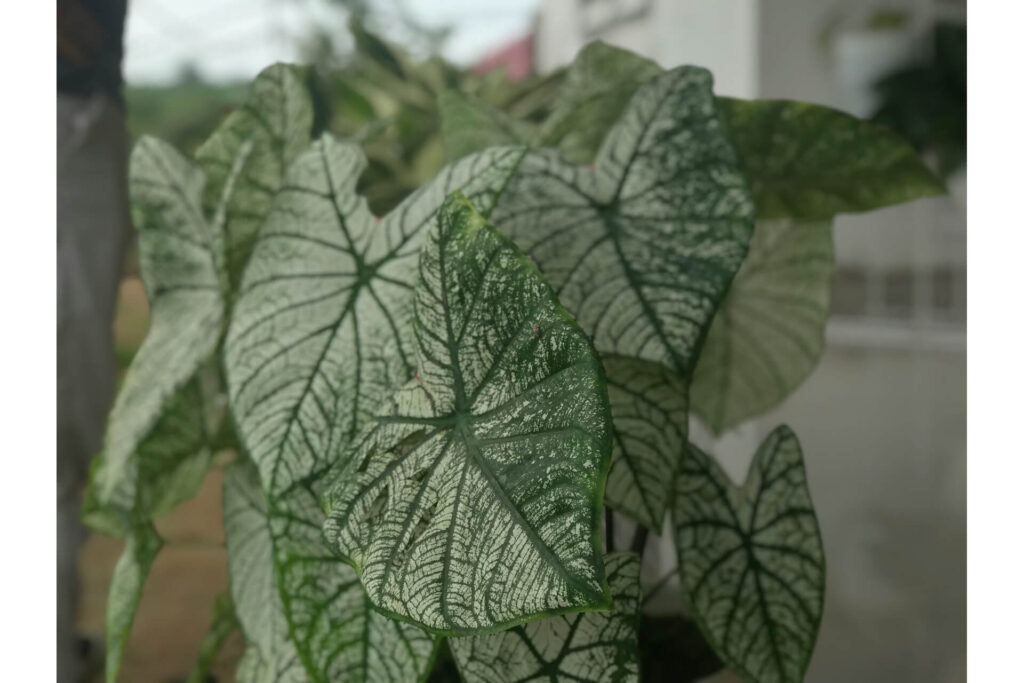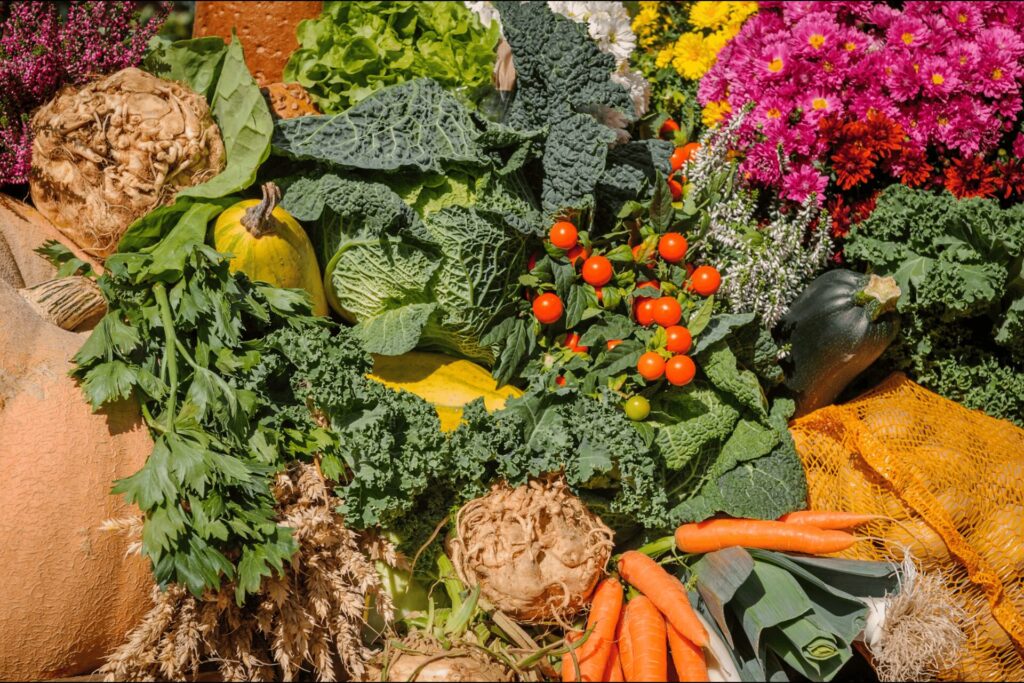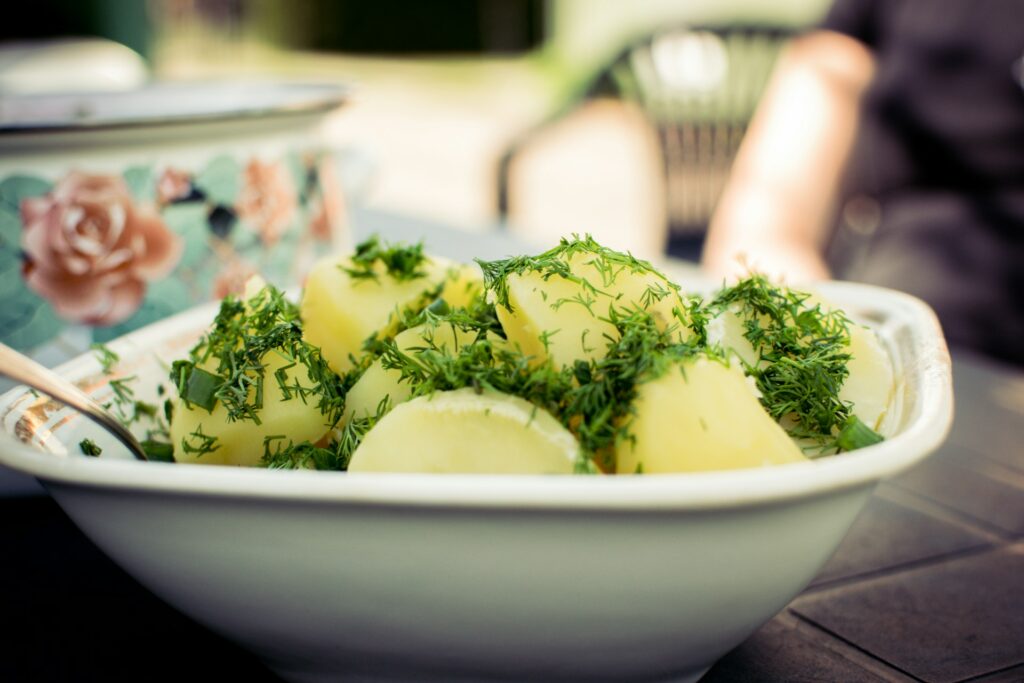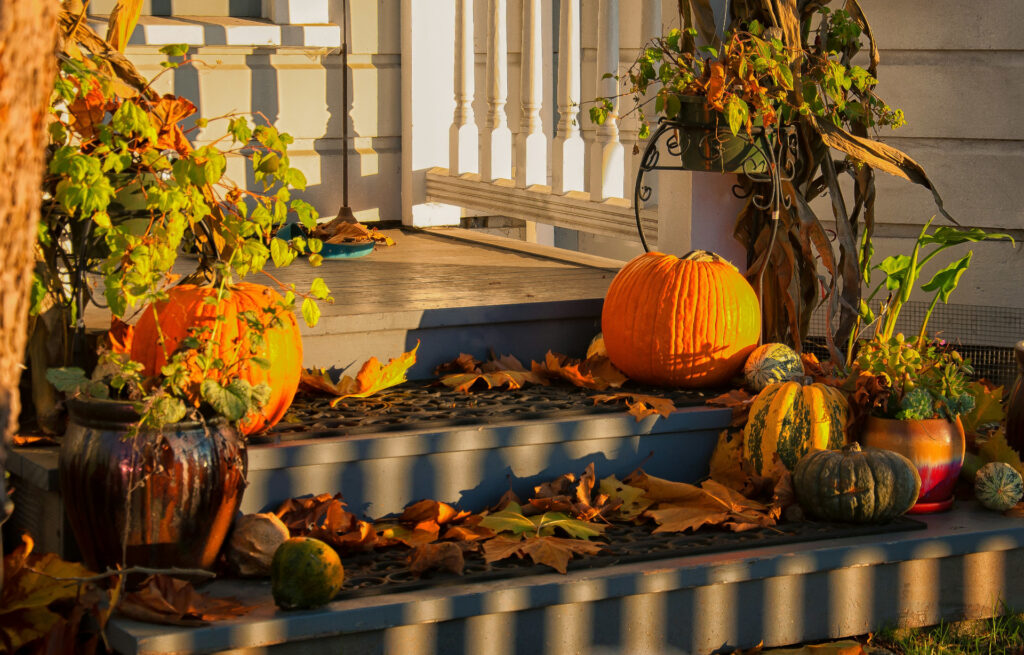
We are reader-supported. When you buy through links on our site, we may earn an affiliate commission.
Growing a garden is a fabulous way to get more exercise while providing yourself and your loved ones with the freshest produce you could get — straight off the vine. The right natural pesticides for vegetables protect your crops and your health when it’s time to dig into the fruits of your labors.
Why should you choose natural pesticides for your vegetable garden? How does doing so affect your health and that of the planet? Understanding the science and mastering these green pest control methods goes far in ensuring a bumper crop that you feel good about feeding your family.
Why Opt for Natural Pesticides
A quick trip to your local garden center reveals shelves of pesticides. If they sell them in stores, they must be safe, right? Apply that logic to cigarettes or alcohol. What vendors peddle is a matter of legality that often has little to do with common sense or health.
Choosing natural pesticides for vegetables protects your family’s health and that of the planet. Here’s why.
1. Your Family’s Health
Here’s a scary statistic. One survey of human fluid samples collected between 2014 and 2021 revealed that 84% of adults and children had pesticide residue in their bodies. These substances can linger in soils for years. Their use affects not only the current year’s crops but subsequent generations.
That’s bad news because pesticides such as organophosphates and neonicotinoids can spur multiple diseases and chronic conditions. For example, researchers have linked organophosphates to brain cancer, and these chemicals appear in many commercial pesticides such as Roundup. Scientists have linked neonicotinoids to Type 2 diabetes, a condition that millions of Americans have risk factors for, often without knowing it.
2. The Planet’s Health
Neonicotinoids are also notorious for carrying off nature’s pollinators — bees. These substances affect the insects’ brains, paralyzing and ultimately killing them. Without these and other pollinators to carry pollen from plant to plant, countless species would die, including those humans rely on for food.
Additionally, pesticide runoff can devastate ecosystems. These substances don’t disappear. They seep into the soil and groundwater and contaminate bodies of water, where they can decimate aquatic wildlife.
Green Solutions: The Best Natural Pesticides for Vegetables
What are your alternatives to the pesticides on store shelves? Experiment with various combinations of the following nine, depending on what pests plague you, and experience bumper crops free of questionable chemicals and adverse planetary and human health effects.
1. Diatomaceous Earth
Do swarms of gnats envelop your face every time you garden? If so, make diatomaceous earth your new best friend. This naturally occurring powder works by destroying the exoskeleton of various insects, like ants, flies and bedbugs, killing them like a million tiny razor blades. It also works against their larvae, which dwell in your garden’s soil, where they may destroy plant roots.
To use this natural pesticide for vegetables, make a ring around each plant, spreading it around their base and applying a very light dusting to leaves so as not to disrupt photosynthesis. Reapply it after watering or rain.
Please note that diatomaceous earth can irritate eyes, skin and lungs. Wear a mask and goggles when applying it and keep pets and children out of the area until the dust settles.
2. Beneficial Nematodes
Nematodes are a type of tiny roundworm. Some of them feast on plants — this variety is not your friend. However, the carnivores are. They’re known as beneficial nematodes, and they feast on the pests that destroy your plants.
These beneficial critters only eat from the soil, but they can decimate the larvae of insects like June beetles, known for destroying trees. Since they are living creatures, you must apply them right after purchase as they won’t keep and do so when temperatures remain below 90° Fahrenheit. The right time of year is when your biggest pests enter their larval stage.
Begin by aerating and moistening the soil. Then, mix the nematodes with water and sprinkle them across the area you wish to treat. As these critters thrive in damp environments, you must water regularly for the next ten days and reapply them seven to ten days after the initial application.
3. Mesh and Mesh Bags
Want a painless, mechanical way to keep pests off ripening fruit and vegetables? Tie a mesh bag around them to keep insects from touching them.
This natural pesticide for vegetables also works for non-insect pests. For example, deer and rabbits can make short work of your garden, but installing a mesh fence that extends twelve inches below the soil and two feet above it keeps out smaller mammals. Tying smaller mesh bags around ripening tomatoes protects them from larger grazers.
4. Prune and Nourish
The best natural pesticide for vegetables may be proper care. If you notice you have an infestation on only a few limbs, pruning them off and nourishing the healthy plant that remains can often take care of the problem. This method works particularly well with larger species like trees, although you should wait until the end of summer unless the infestation threatens to kill those affected.
5. Onion, Jalapeno and Garlic Spray
You can also whip up multiple homemade sprays to act as natural pesticides for vegetables. This one relies on the innate defense systems of other plants to do its magic. You’ll need two small onions, a jalapeno and a clove of garlic.
Chop those veggies any which way and add them to a pot of water. Let it sit for 20 minutes before straining out the vegetables and adding the liquid to a spray bottle. Add a few drops of dish soap and thoroughly saturate each plant you want to protect. You’ll need to reapply this treatment every four or five days, so master the recipe, then make a big batch for a lasting supply.
6. Dish Soap and Oil Spray
Insects breathe through holes called spiracles. Oils can block these holes, suffocating the bug, and dish soaps do the same for soft-bodied insects.
To make this spray, mix a tablespoon of oil-based castile soap and a cup of vegetable oil with a quart of water. Saturate your plants and repeat every four to seven days.
7. Tomato Leaves Spray
Tomato leaves contain two natural pesticides called solanine and tomatine. These substances act like pesticides that kill many chewing insects while attracting beneficial pollinators.
To make this spray, gather two cups of fresh leaves and soak them in a quart of water overnight. After 12 hours, strain the mixture, add it to a spray bottle and saturate plants every four to seven days.
8. Hot Pepper Repellent Spray
Capsaicin is the magic ingredient in hot pepper spray. This stuff repels everything from bears to insects — it seems the only folks who can tolerate it are diehard salsa fans. Simply mix a few tablespoons of dried chili pepper or a puree of a half cup of fresh peppers with a quart of water and a few drops of dish soap. Saturate your plants every four to seven days.
9. Neem Oil Spray
Neem oil comes from the seeds of the neem tree and is a natural pesticide. It repels insects and inhibits their growth. The primary ingredient, Azadirachtin, breaks down in the soil in as little as 48 minutes and is non-toxic to fish and other wildlife. You can purchase neem oil at any garden center and follow the label instructions to mix and apply this natural pesticide for vegetables to your crops.
Natural Pesticides for Vegetables
Using natural pesticides for vegetables protects your health and that of the planet. A combination of the above solutions can keep your garden pest-free and produce a bumper crop of organic goodness you’re proud to feed your family and friends.

